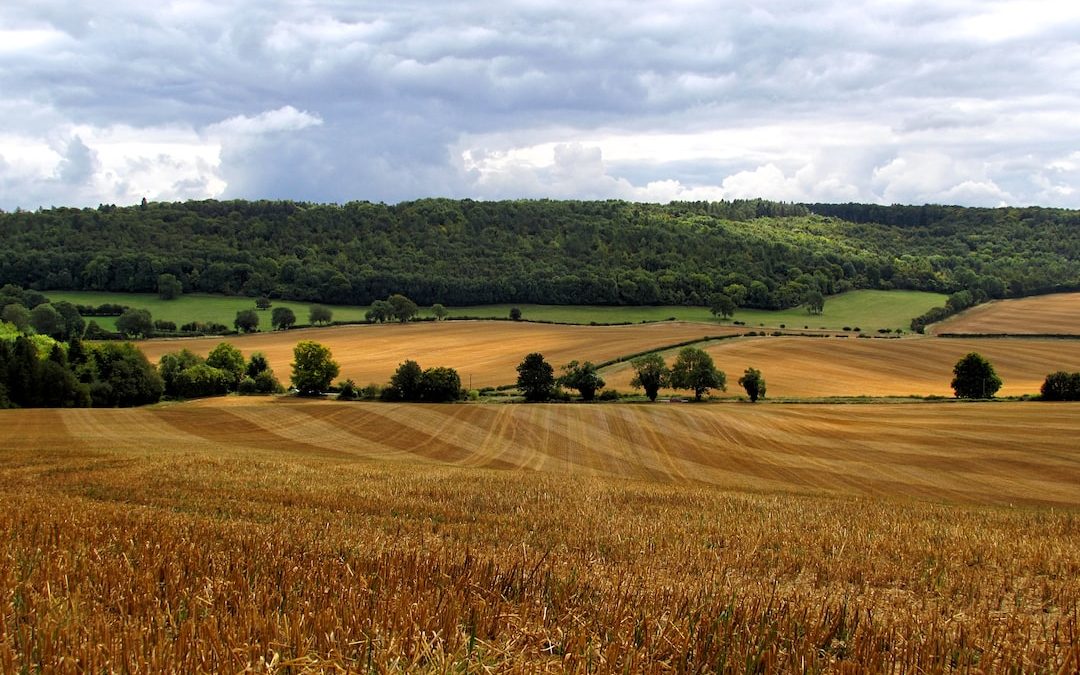Table of Contents
Exploring the Meaning of ‘Rural Tourism’
Introduction
Rural tourism is a type of travel that allows tourists to experience the culture and way of life of people living in a rural area. It allows visitors to explore and appreciate the more isolated parts of a country, away from the hustle and bustle of urban life. Rural tourism is becoming increasingly popular as it allows people to experience a different way of life, and get a deeper understanding of the area they are visiting. This blog post will explore the meaning of rural tourism, looking at the different types of rural tourism, the advantages and disadvantages of this type of travel, and how to make the most of rural tourism experiences.
Types of Rural Tourism
Rural tourism can take many different forms, from traditional activities such as visiting farms and attending craft fairs, to more modern activities such as adventure sports and eco-tourism. The type of rural tourism experience will depend on the area and the activities available, but all types of rural tourism will allow visitors to experience the traditional way of life in a rural area.
Farm Tourism
Farm tourism is a type of rural tourism that involves visiting a working farm. This can include activities such as milking cows, collecting eggs, or helping out with everyday farm chores. Farm tourism is popular as it allows visitors to experience first-hand the daily life of a farmer, and learn about the different processes and techniques used in farming.
Adventure Sports
Adventure sports are becoming increasingly popular with rural tourism. This involves activities such as rock-climbing, mountain biking, and kayaking, which allow visitors to explore the more remote parts of a rural area. Many of these activities are suitable for people of all ages and ability levels, and are a great way to get outdoors and experience the natural beauty of a rural area.
Eco-tourism
Eco-tourism is an increasingly popular type of rural tourism, which involves visiting and exploring natural areas. This type of tourism is focused on preserving the environment, and educating visitors about the importance of protecting the environment. Eco-tourism activities vary depending on the area, but can include activities such as bird-watching, nature walks, and visits to local conservation sites.
Cultural Tourism
Cultural tourism is a type of rural tourism that focuses on the culture and heritage of the area. This can involve visiting historical sites, attending cultural events, and learning about the local customs and traditions. Cultural tourism is a great way to experience the culture and history of a rural area and learn about the people who live there.
The Advantages of Rural Tourism
Rural tourism has many advantages, both for the visitors and the local community. Here are some of the main advantages of rural tourism:
- Experience different cultures – rural tourism allows visitors to experience a different way of life and get a deeper understanding of the culture and traditions of an area.
- Support local businesses – rural tourism supports local businesses, such as restaurants and shops, which helps to boost the local economy.
- Protect the environment – eco-tourism is focused on preserving the environment, and educating visitors about the importance of protecting the environment.
- Create employment – rural tourism creates employment opportunities for local people, which helps to reduce poverty in the area.
- Promote sustainability – rural tourism encourages sustainable development, which helps to ensure that the area remains beautiful and unspoilt for future generations.
The Disadvantages of Rural Tourism
Although rural tourism has many advantages, there are also some potential drawbacks. Here are some of the main disadvantages of rural tourism:
- Lack of infrastructure – rural areas often lack the infrastructure necessary to support large numbers of tourists, such as roads, accommodation and public transport.
- Environmental damage – large numbers of tourists can cause damage to the environment, such as littering and pollution.
- Cultural clashes – rural tourism can lead to cultural clashes between visitors and local people, as visitors may not always understand or respect local customs and traditions.
- Over-reliance on tourism – rural areas can become reliant on tourism for their income, which can lead to a decline in the quality of life for local people.
- Risk of exploitation – rural areas can be vulnerable to exploitation by tourists, such as offering low wages to local workers or taking advantage of vulnerable local communities.
Making the Most of Rural Tourism Experiences
Rural tourism can be a great way to experience a different way of life and explore the more remote parts of a country. Here are some tips for making the most of rural tourism experiences:
- Do your research – make sure you research the area you are visiting to get an understanding of the local culture and customs.
- Respect the environment – be mindful of the environment and take steps to minimize your impact, such as minimizing your use of plastic and disposables.
- Support local businesses – support local businesses by eating at local restaurants and buying local products.
- Be respectful – respect the local culture and traditions, and be mindful of the way you dress and behave in public.
- Be patient – rural areas can be slower-paced than urban areas, so be patient and enjoy the slower pace of life.
Conclusion
Rural tourism is an increasingly popular type of travel that allows visitors to experience a different way of life and explore the more remote parts of a country. There are many different types of rural tourism, including farm tourism, adventure sports, eco-tourism, and cultural tourism. Rural tourism has many advantages, such as supporting local businesses, protecting the environment, and creating employment opportunities. However, there are also some potential drawbacks, such as lack of infrastructure, environmental damage, and risk of exploitation. To make the most of rural tourism experiences, make sure you do your research, respect the environment, support local businesses, be respectful, and be patient.












